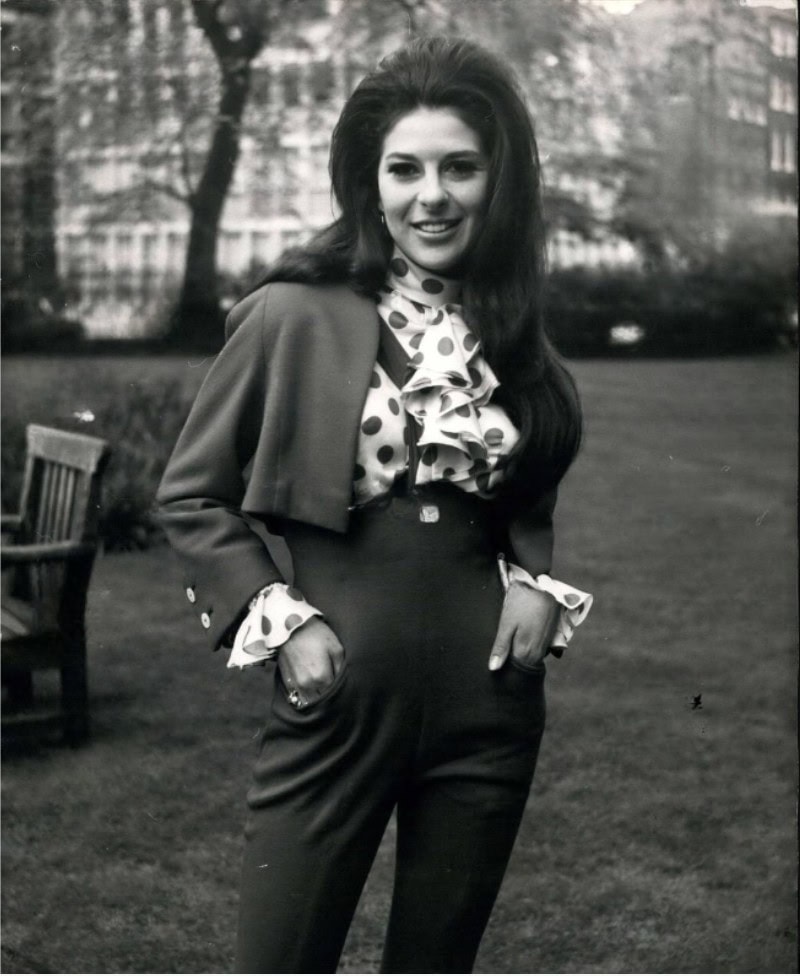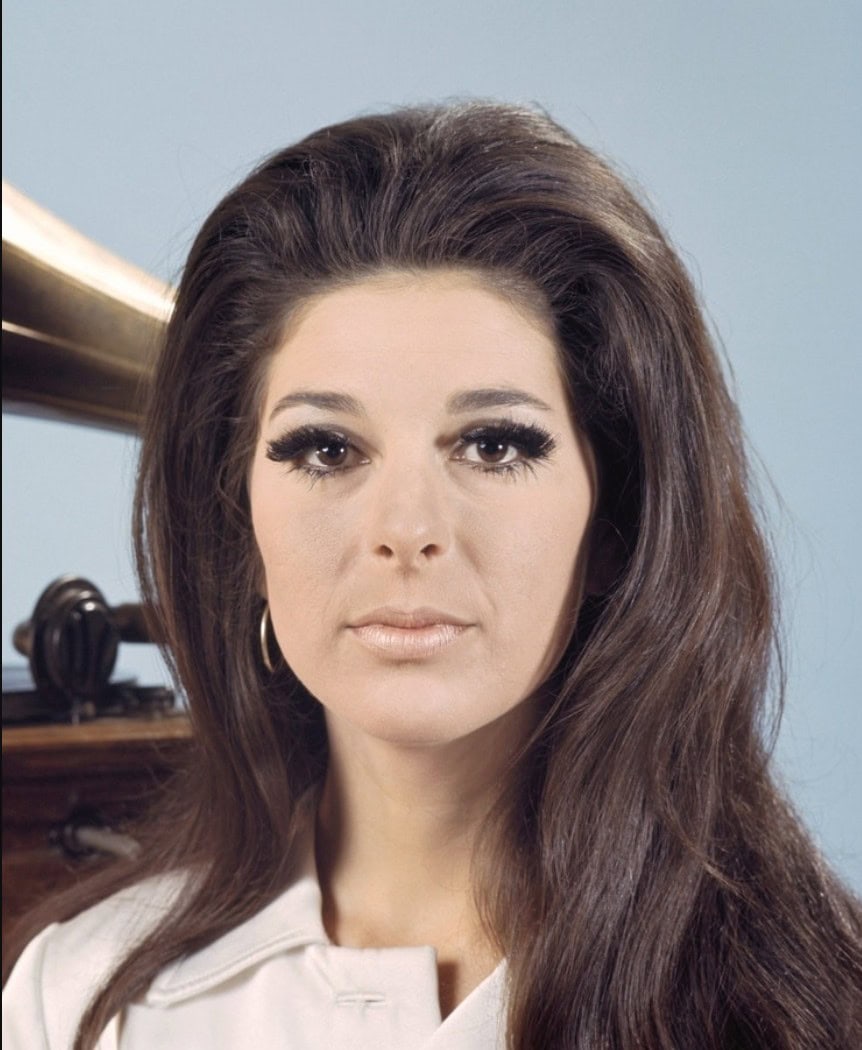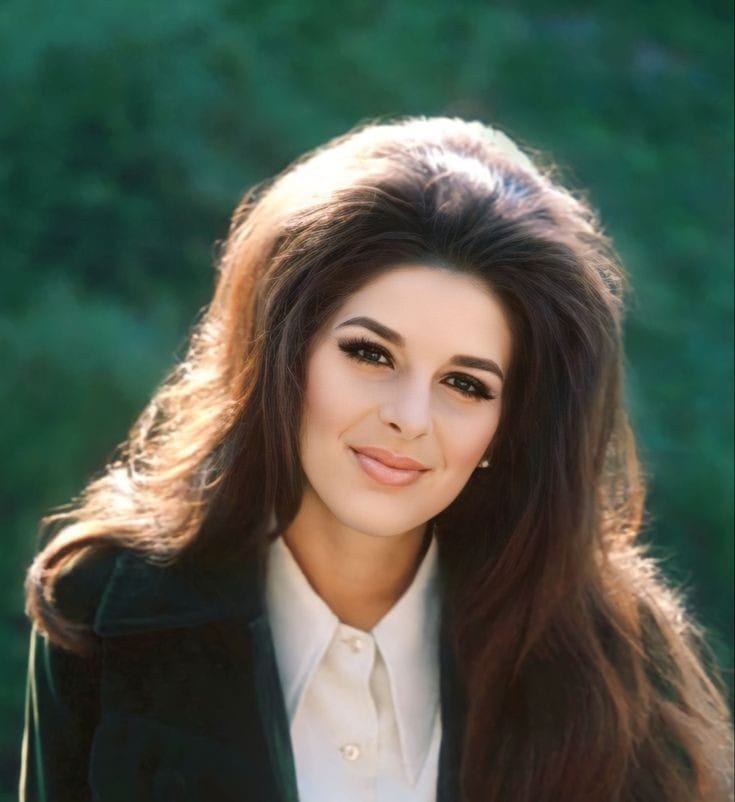About the song
Have you ever heard a song that just stayed with you? A tune that lingered in your mind long after the last note faded? Bobbie Gentry’s “Ode to Billie Joe” is one of those songs. Released in 1967, it quickly climbed the charts and captured the hearts of millions. But what is it about this seemingly simple country ballad that has endured for so many years?
At its core, “Ode to Billie Joe” is a haunting tale of a small-town tragedy. The song’s narrator, a young woman from a rural Mississippi family, recounts the events leading up to and following the suicide of Billie Joe McAllister. As she describes the mundane details of her day, she drops tantalizing hints about a mysterious incident involving her and Billie Joe on the Tallahatchie Bridge. The question of what the two threw off the bridge has become one of the most enduring mysteries in popular music.
What makes “Ode to Billie Joe” so compelling is its ability to evoke a sense of place and time. Gentry’s lyrics paint a vivid picture of life in the American South during the 1960s, with its emphasis on family, community, and the rhythms of rural life. The song’s sparse instrumentation, featuring acoustic guitar and strings, creates a haunting atmosphere that perfectly complements the somber tone of the lyrics.
Beyond its narrative and musical qualities, “Ode to Billie Joe” has also been praised for its social commentary. Many critics have interpreted the song as an allegory for the social and political upheaval of the 1960s. The indifference of the narrator’s family to Billie Joe’s suicide has been seen as a reflection of a society that was becoming increasingly fragmented and alienated.
Over the years, “Ode to Billie Joe” has been the subject of countless interpretations and analyses. Some listeners have focused on the psychological complexities of the narrator, while others have explored the song’s relationship to Southern Gothic literature. Regardless of how you choose to interpret it, there’s no doubt that “Ode to Billie Joe” is a timeless masterpiece that continues to resonate with audiences of all ages.”
Video
Lyrics
It was the third of June, another sleepy, dusty Delta day
I was out choppin’ cotton, and my brother was balin’ hay
And at dinner time we stopped and walked back to the house to eat
And mama hollered out the back door, y’all, remember to wipe your feet
And then she said, I got some news this mornin’ from Choctaw Ridge
Today, Billy Joe MacAllister jumped off the Tallahatchie BridgeAnd papa said to mama, as he passed around the blackeyed peas
Well, Billy Joe never had a lick of sense; pass the biscuits, please
There’s five more acres in the lower forty I’ve got to plow
And mama said it was shame about Billy Joe, anyhow
Seems like nothin’ ever comes to no good up on Choctaw Ridge
And now Billy Joe MacAllister’s jumped off the Tallahatchie BridgeAnd brother said he recollected when he, and Tom, and Billie Joe
Put a frog down my back at the Carroll County picture show
And wasn’t I talkin’ to him after church last Sunday night?
I’ll have another piece-a apple pie; you know, it don’t seem right
I saw him at the sawmill yesterday on Choctaw Ridge
And now ya tell me Billie Joe’s jumped off the Tallahatchie BridgeAnd mama said to me, child, what’s happened to your appetite?
I’ve been cookin’ all morning, and you haven’t touched a single bite
That nice young preacher, Brother Taylor, dropped by today
Said he’d be pleased to have dinner on Sunday, oh, by the way
He said he saw a girl that looked a lot like you up on Choctaw Ridge
And she and Billy Joe was throwing somethin’ off the Tallahatchie BridgeA year has come and gone since we heard the news ’bout Billy Joe
And brother married Becky Thompson; they bought a store in Tupelo
There was a virus going ’round; papa caught it, and he died last spring
And now mama doesn’t seem to want to do much of anything
And me, I spend a lot of time pickin’ flowers up on Choctaw Ridge
And drop them into the muddy water off the Tallahatchie Bridge


